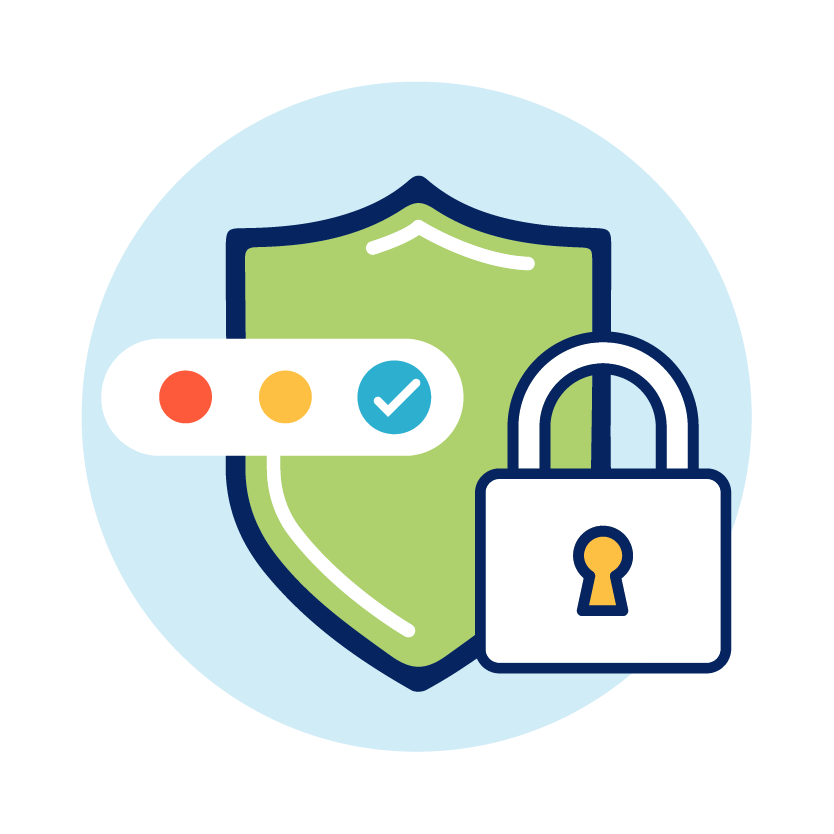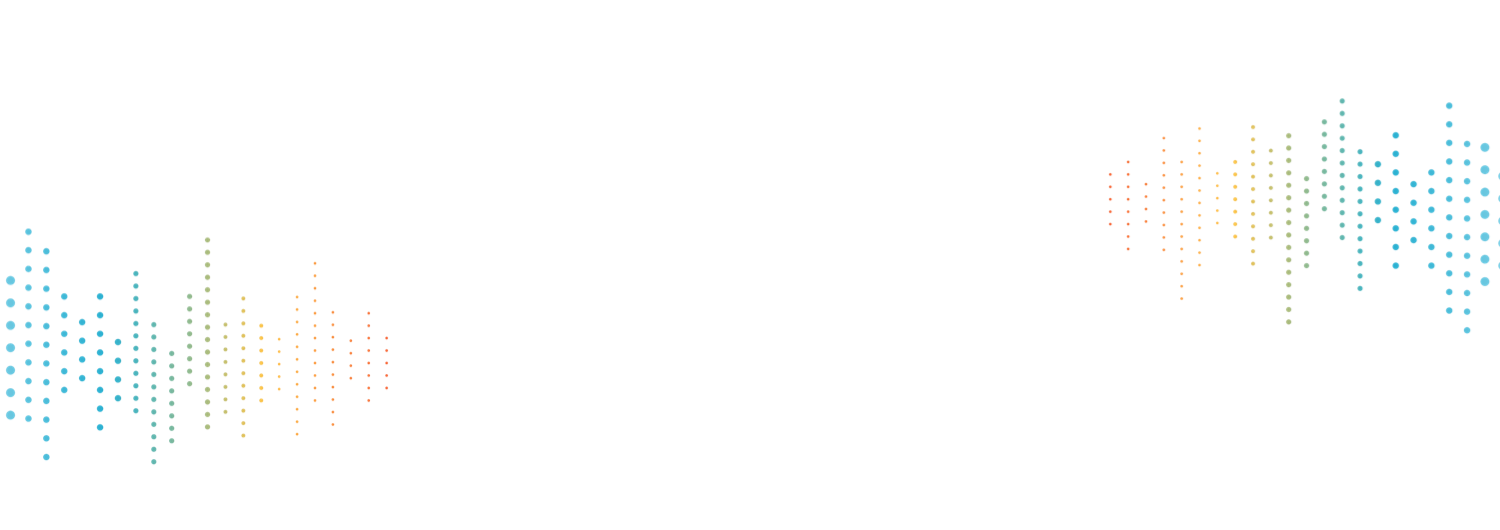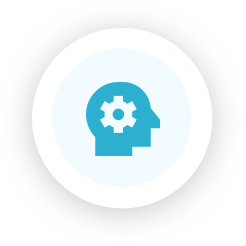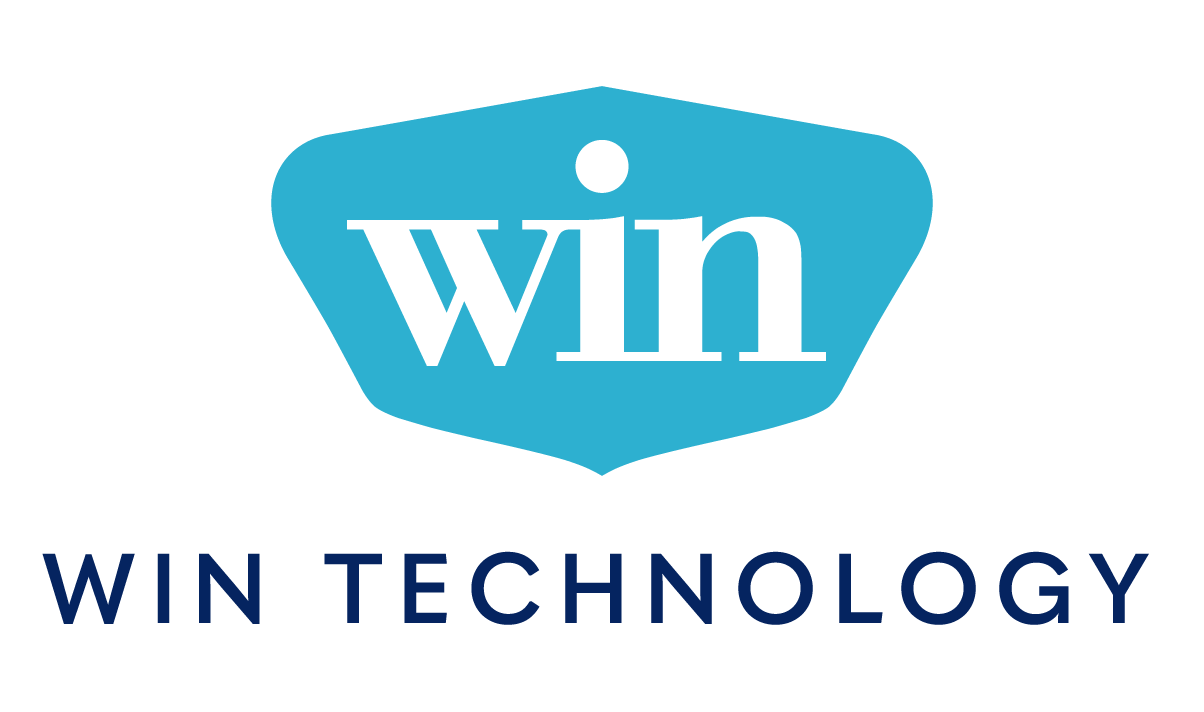Yes, if a password is stolen or compromised, a lack of MFA for critical applications opens your organization up to increased risk.

Multifactor Authentication
What is Multifactor Authentication?
Multifactor authentication (MFA) is an access security application that verifies a user’s identity at sign-in by adding two or more steps. It combines something you know, such as a password, with something you have. The something you have in this case could be any number of things, from a security token, a phone number, a particular cell phone, etc. In this way, a malicious actor could have your password, but without access to the second factor, it is useless. Multifactor authentication is a key line of defense against cybersecurity attacks.

Multifactor Authentication protects:
- Cloud, hybrid cloud and on-premise environments
- IT infrastructure and software as a service (SaaS) applications
- Remote access and VPN clients
FAQs
Frequently Asked Questions
Yes, authentication methods can be used when users are not on the premises.
In addition to a password, a users’ phone, mobile device or hardware token are common authentication factors. Some organizations also leverage biometric authentication, such as a fingerprint.
MFA decreases the risk of unauthorized access by protecting against stolen credentials, phishing attacks and password breaches.
Modern MFA solutions are user friendly and convenient, allowing users to authenticate quickly and easily.
Related Resources

Working With Us
What to expect from a strategic partnership with WIN Technology

Understanding Fit
Our process is collaborative from the start. As we discuss your expectations, we communicate openly, and we keep the promises we make.

Understanding Needs
Through our discovery process, we seek to build an accurate understanding of your needs so that a sound and mutually understandable promise can be made.

Right-Sizing the Effort
The elements of your proposal are refined as your needs become clear. This ensures alignment on the anticipated value of what we commit to deliver to you.

Proving Competency
As we engage in the project, we monitor and discuss status, performance, changes and improvements through our established delivery and communication practices.

Partnering for the Future
Throughout our partnership, as we keep the promises we have made to you, we enrich the value of services with a continuous focus on practical next steps.



